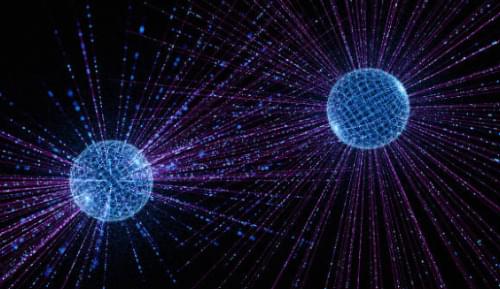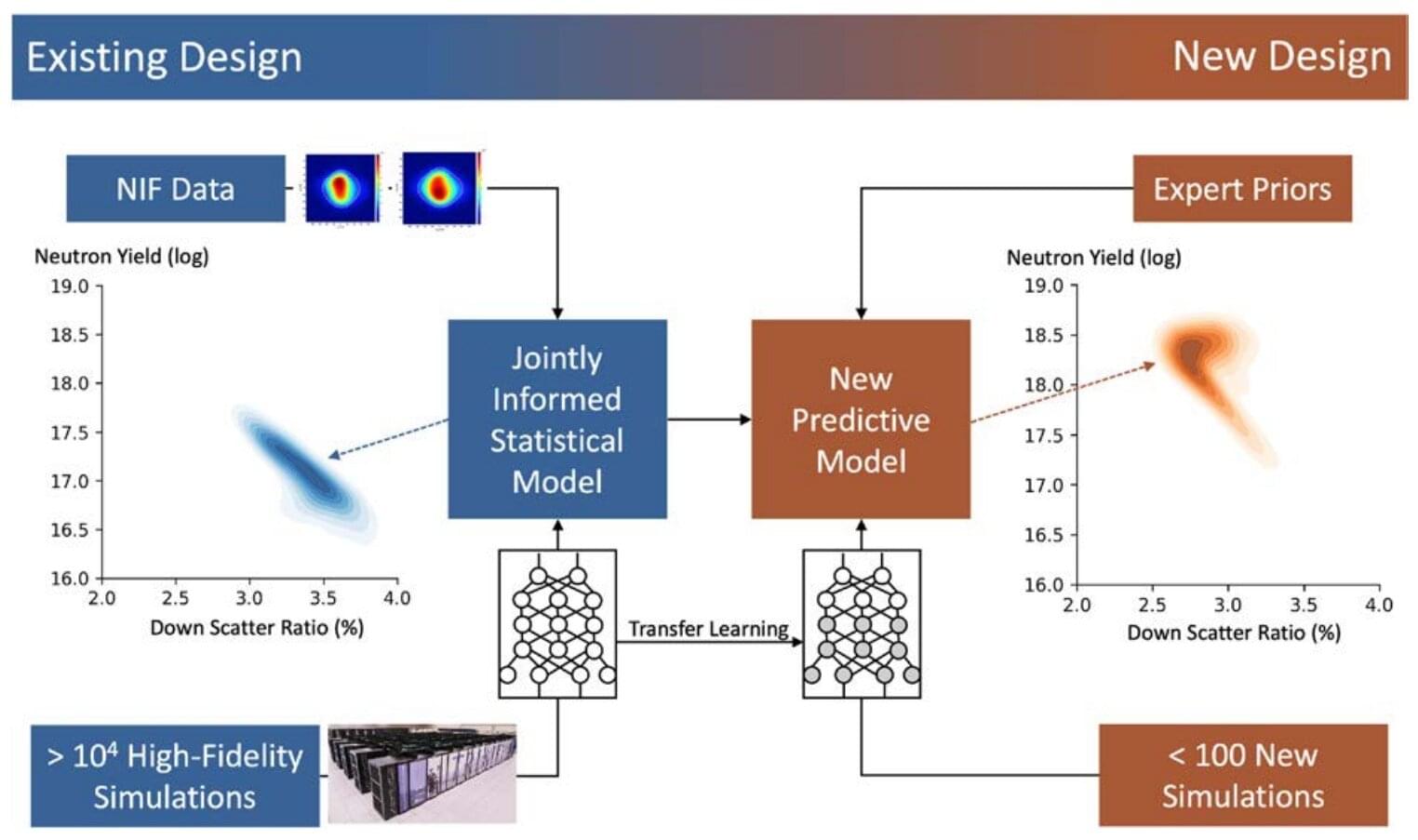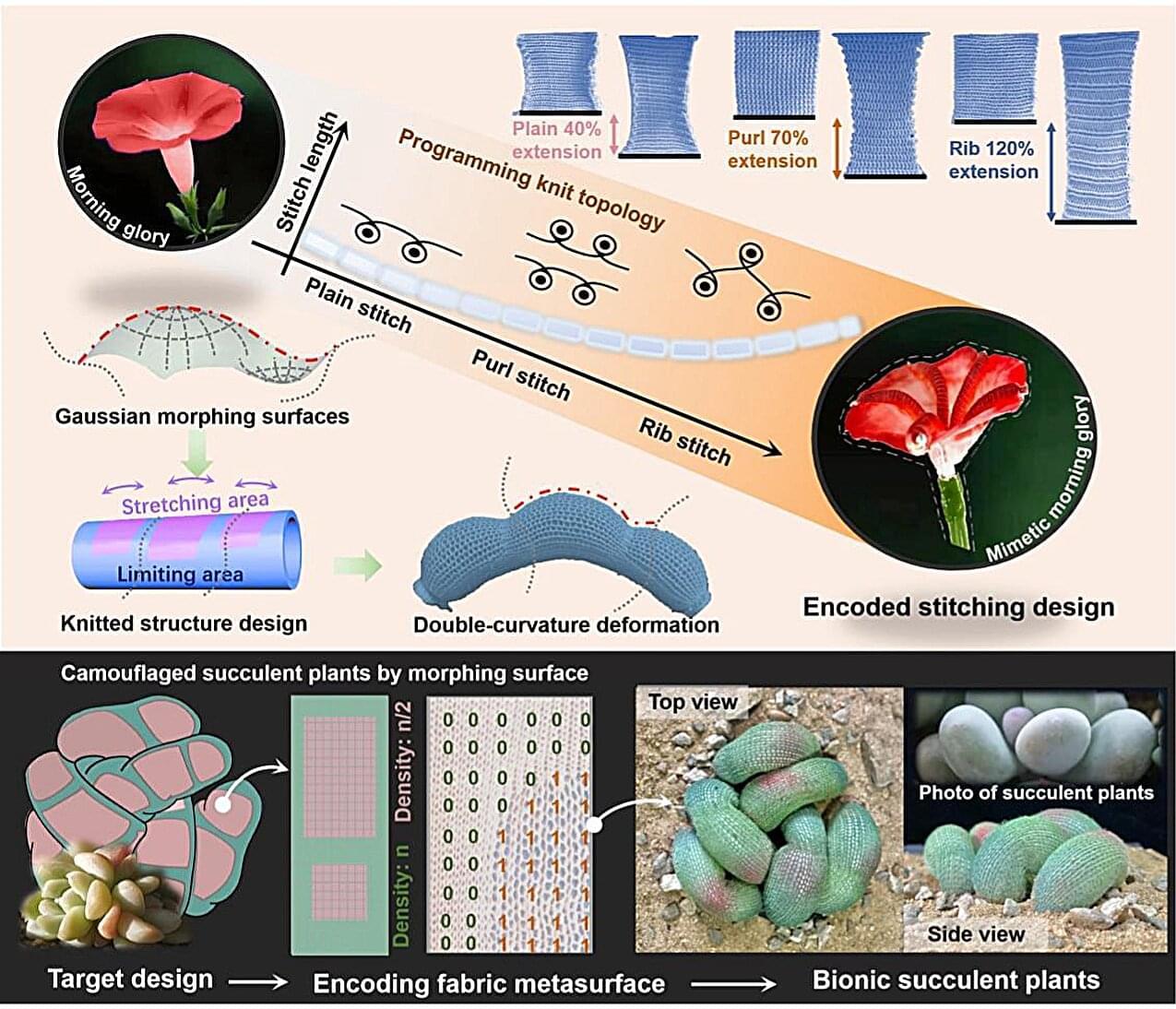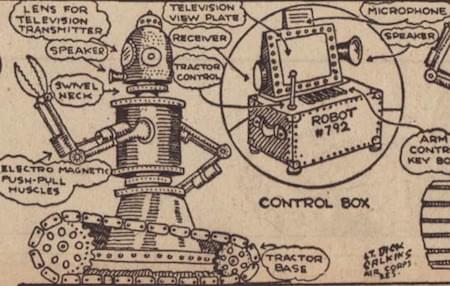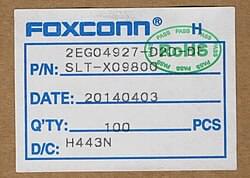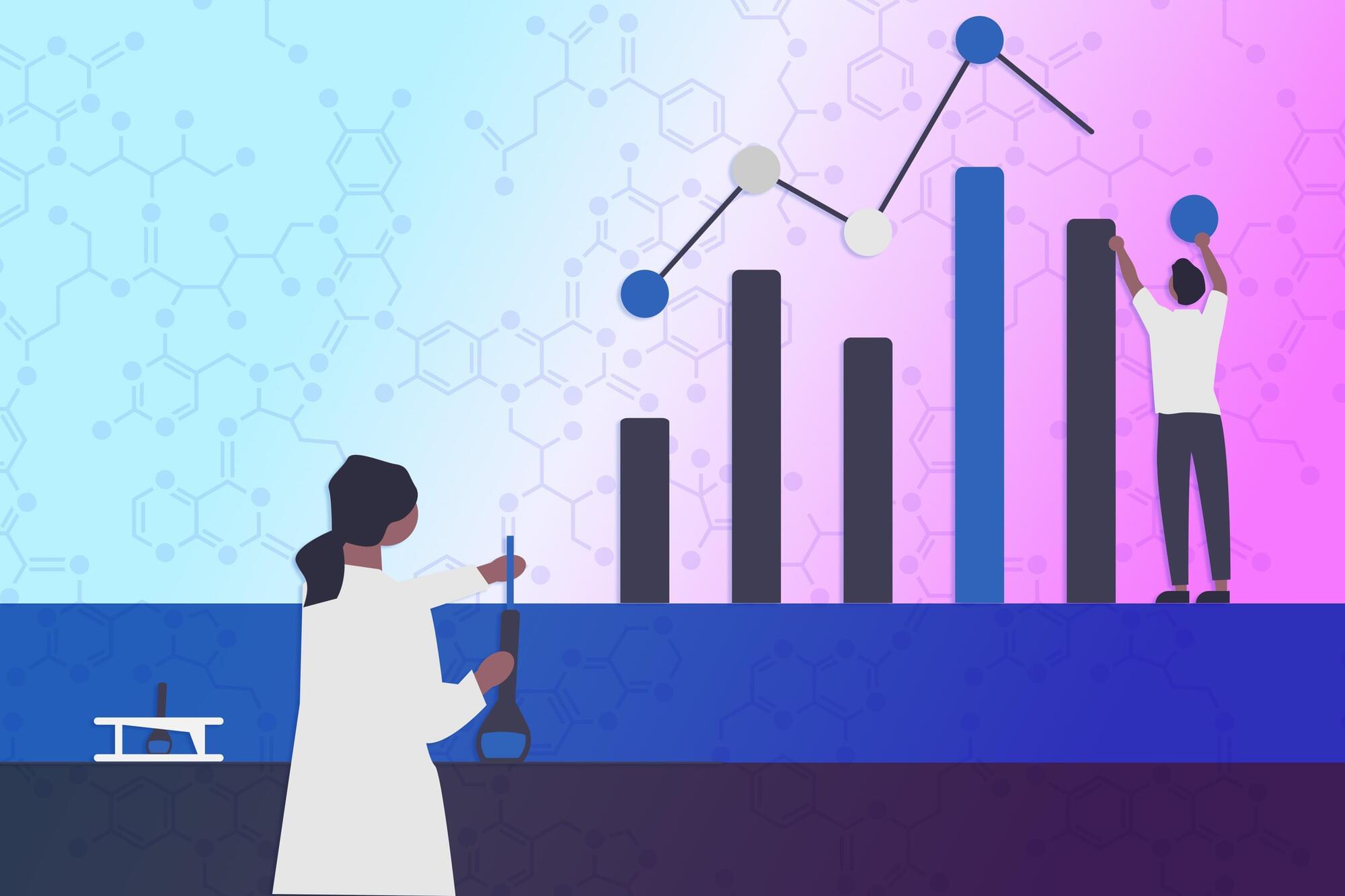(鴻海精密工業股份有限公司), doing business as Hon Hai Technology Group (鴻海科技集團) in Taiwan, Foxconn Technology Group (富士康科技集团) in China, and (富士康) internationally, is a Taiwanese multinational electronics contract manufacturer established in 1974 with headquarters in Tucheng District, New Taipei City, Taiwan. In 2023, the company’s annual revenue reached 6.16 trillion New Taiwan dollars (US$ 192,377,640,000 (equivalent to $198,533,892,569 in 2024)) and was ranked 20th in the 2023 Fortune Global 500. It is the world’s largest contract manufacturer of electronics. [ 3 ] While headquartered in Taiwan, the company earns the majority of its revenue from assets in China and is one of the largest employers worldwide. [ 4 ] [ 5 ] Terry Gou is the company founder and former chairman.
Foxconn manufactures electronic products for major American, Canadian, Chinese, Finnish, and Japanese companies. Notable products manufactured by include the BlackBerry, [ 6 ] iPad, [ 7 ] iPhone, iPod, [ 8 ] Kindle, [ 9 ] all Nintendo gaming systems since the GameCube, Nintendo DS models, Sega models, Nokia devices, Cisco products, Sony devices (including most PlayStation gaming consoles), Google Pixel devices, Xiaomi devices, every successor to Microsoft’s Xbox console, [ 10 ] and several CPU sockets, including the TR4 CPU socket on some motherboards. As of 2012, factories manufactured an estimated 40% of all consumer electronics sold worldwide. [ 11 ]
Foxconn named Young Liu its new chairman after the retirement of founder Terry Gou, effective on 1 July 2019. Young Liu was the special assistant to former chairman Terry Gou and the head of business group S (semiconductor). Analysts said the handover signals the company’s future direction, underscoring the importance of semiconductors, together with technologies like artificial intelligence, robotics, and autonomous driving, after’s traditional major business of smartphone assembly has matured. [ 12 ].
